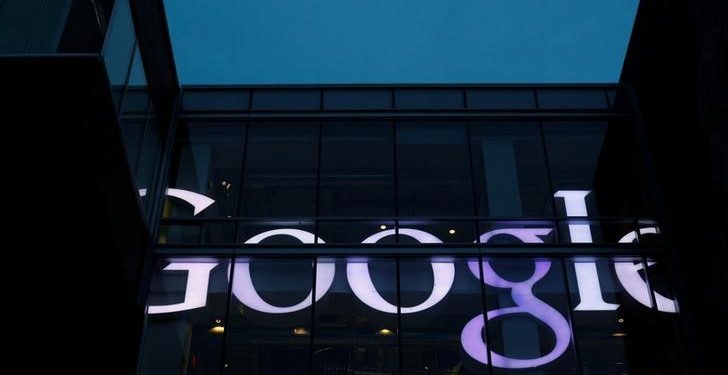Evercore ISI said in a note Monday that it has adopted a more cautious outlook on Google (NASDAQ:GOOGL)’s stock in light of upcoming Department of Justice (DOJ) trials regarding Google’s search practices.
After hosting a webinar with legal experts Harry First, a law professor at NYU, and Jennifer Rie, a senior litigation analyst at Bloomberg Intelligence, the firm shared new concerns about potential legal outcomes.
“We claim no legal expertise, but we have worked with these experts for some time and have found their opinions to be reasonable and unbiased,” said Evercore.
According to the firm, both experts accurately predicted that Google is likely to lose the liability portion of the DOJ Search trial.
The court is expected to rule on remedies by August 2025, and these remedies could be “severe,” including significant restrictions on Google’s ability to pay for distribution deals.
“We now believe that those remedies are likely going to be severe, including significant restrictions on Google’s ability to pay for distribution deals,” the analysts wrote.
The firm estimates that even though Google may appeal through the U.S. District Court of Appeals, the chances of winning are slim unless the initial remedies judgment is extremely harsh.
“The odds of Google winning in the Appeals court are low,” Evercore ISI added.
As a result, Google could face a substantial loss of market share in U.S. Search, possibly exceeding 10%, by 2027.
While a settlement between Google and the DOJ is possible, Evercore says it could still include an end to default distribution payments.
Additionally, Evercore notes that the judge in the Search trial acknowledged the changing technology landscape, with competition like ChatGPT gaining traction.
Evercore ISI remains cautiously optimistic due to Google’s strong valuation, competitive position, and potential in areas like generative AI and Waymo, but emphasizes being “highly tactical” with entry and exit points for the stock.
Thus, the firm is “more cautious” on Google shares, anticipating significant uncertainty over the next 12 months.





